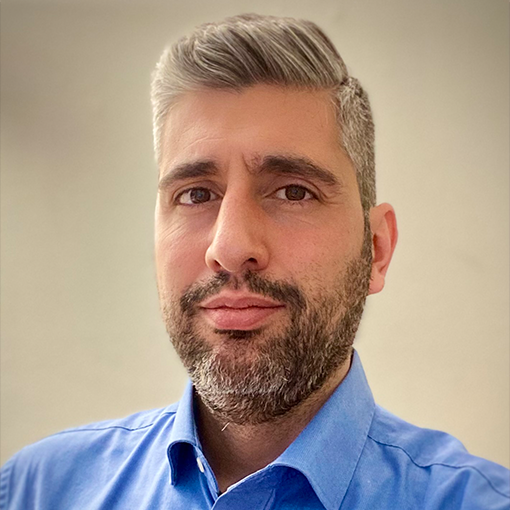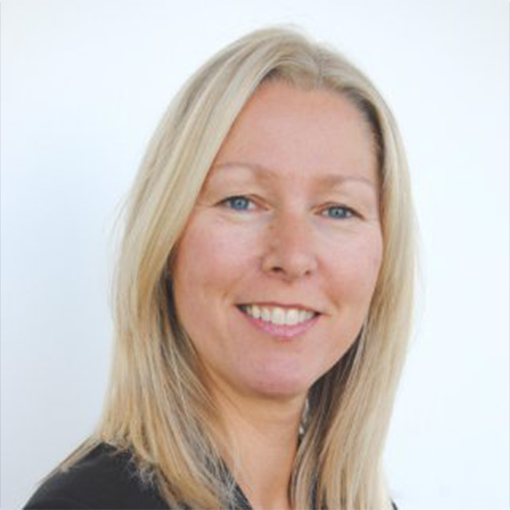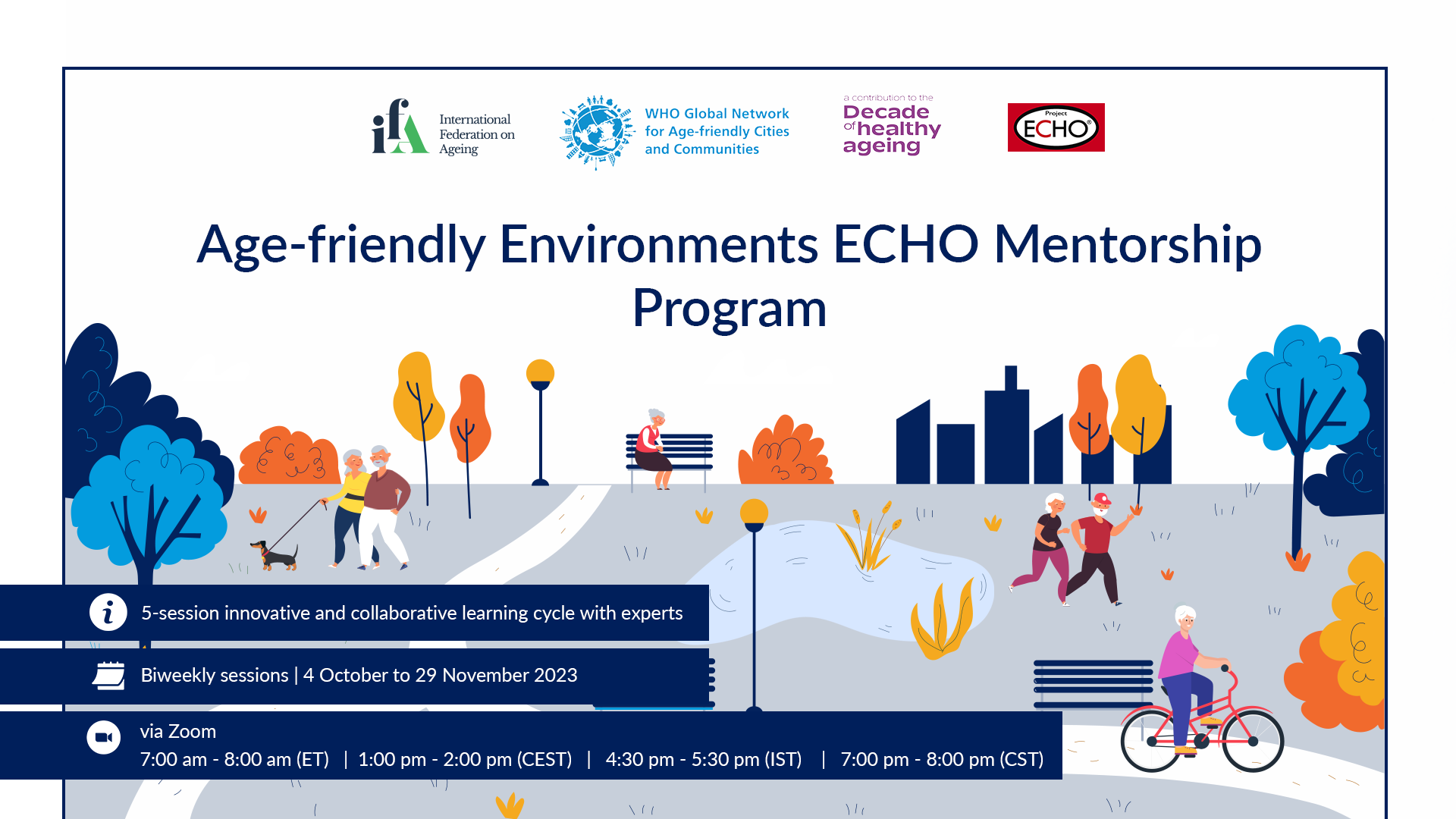Age-friendly Environments ECHO Mentorship Program
The IFA has harnessed the power of the ECHO Model to drive impact in education and social justice, offering two instances of its mentorship program, delivered in English and French respectively. These programs exemplify our commitment to fostering professional growth and meaningful change. By connecting participants with expert hubs and facilitating continuous learning and peer support, we ensure a transformative experience that goes beyond conventional training methods.
To further enrich these mentorship programs, we have assembled a distinguished group of experts who participated in both the English and French instances. Their invaluable insights and guidance are captured in session recordings and comprehensive session materials. These resources include a downloadable PDF report and a handy infographic for each session, designed to provide a deeper understanding and practical takeaways. We invite you to explore and download these materials to fully benefit from the wealth of knowledge shared during these transformative sessions.

Globally populations are ageing and increasingly in towns and cities rather than rural and remote areas. The experience of older age and the opportunities it affords are strongly influenced by the physical and social environments in which we are born, live, play, work and age. By creating supportive and inclusive places with the right policies and services, communities can create environments that empower older people to be and do what they have reason to value.
Key principles for creating age-friendly cities and communities around the world include the participation of older people, equity, intersectoral collaboration, life-course approach and multilevel governance. These will all be explored in the first session.
Learning objectives:
Participants will be able to:
- Improve understanding of the importance of age-friendly environments in the context of a life-course approach to healthy ageing and in response to key megatrends – urbanization and demographic change
- Understand the history and key features of the WHO Age-friendly Communities Framework and programme cycle
- Understand what an age-friendly community can achieve.
The engage and understand phase is critical to the needs and experiences of older people and other communities’ members in order to gain political commitment and generate ownership among all stakeholders.
Knowing how to start this process, who to engage and what tools are available to support this process notably to do a context analysis and an age-friendly assessment are the subject of this session.
Learning objectives:
Participants will be able to:
- Describe mechanisms to build a network of stakeholders
- Describe steps to identify the needs of the older population
- Understand steps needed to analyze the challenges and opportunities in a community and define priorities for action
- Describe strategies used to influence and inform the political commitment for age-friendly initiatives
- Describe what successful engagement looks like and the anticipated outputs
Developing and implementing a comprehensive age-friendly strategy, that aligns with the needs and assets of older people requires local stakeholders across sectors to agree on a common vision, identify priorities, and develop a plan that leverages the strengths of various stakeholders.
How to create a shared vision and develop a strategy and action plan informed by the findings of the context analysis and age-friendly assessment and ongoing deliberations with stakeholders is the focus of this session.
Learning objectives:
Participants will be able to:
- Describe the purpose, process, and key success factors in delivering an age-friendly strategy and action plan.
- Describe the steps needed to develop a comprehensive strategic plan
- Understand the importance of defining common objectives, aims, targets and stakeholder responsibilities
- Identify strategies for securing support and resources;
Taking action is at the heart of efforts to create an age-friendly city or community. After the assessment, consultation, and strategic planning stages, concrete actions need to be taken.
There are a large number of actions that can be taken to impact the lives of older people. Considering scientific evidence on effectiveness, estimates of costs of investment, stakeholders’ experiences of implementing similar interventions, outcomes and impact can inform the action plan. Action planning and coordinating different stakeholders, while keeping older people meaningly engaged in the process, are all key to bringing about transformative change are the focus of this session.
Learning objectives:
Participants will be able to:
- Understand the importance of consulting on the action plan and involving older people at all stages
- Describe the process for designing a successful action plan
- Understand the steps needed to implement an action plan; and scale up successful action
- Understand the importance of learning from successful action in local, national and international networks
The success and sustainability of an age-friendly action plan is measured by its ability to show achievements but also to evolve in response to local changes in context and needs. This depends on robust monitoring and evaluation.
Understanding whether a community has become more age-friendly (outcome and impact assessment) and how a community has become more age-friendly (process evaluation) can demonstrate the benefits of the actions but also help to sustain political commitment and ensure future funding for age-friendly initiatives.
Learning objectives:
Participants will be able to:
- Describe the steps needed to monitor processes continually
- Understand the principles needed to undertake both outcome and impact evaluations
- Describe strategies for sustaining and improving action informed by evidence
The Hub team
Hub Team
Pablo Ferreiro
 Pablo Ferreiro
Pablo Ferreiro
Deputy Director in charge of long-life policy
City of Geneva
Dr Samuèle Rémillard-Boilard
 Dr Samuèle Rémillard-Boilard
Dr Samuèle Rémillard-Boilard
Assistant Professor of Social Gerontology and Social Work, Université de Sherbrooke
Researcher, Research Centre on Aging, CIUSSS de l’Estrie-CHUS
Natalie Turner
 Natalie Turner
Natalie Turner
Deputy Director for Localities
The Centre for Ageing Better
Anne Berit Rafoss
 Anne Berit Rafoss
Anne Berit Rafoss
Project Manager
Norwegian Directorate of Health/Centre for an Age-friendly Norway
Dr Kathleen Brasher
 Dr Kathleen Brasher
Dr Kathleen Brasher
Research Fellow
John Richards Centre for Rural Ageing Research, La Trobe University
Media Toolkit
The IFA is pleased to be releasing the Age-friendly Environments ECHO Mentorship Program. The program will occur bi-weekly from 4 October – 29 November 2023.
The IFA would be grateful for your support in sharing information around this program throughout your extensive network. We hope through the various options below organizations will be able to promote the Age-friendly Environments ECHO Mentorship Program.




